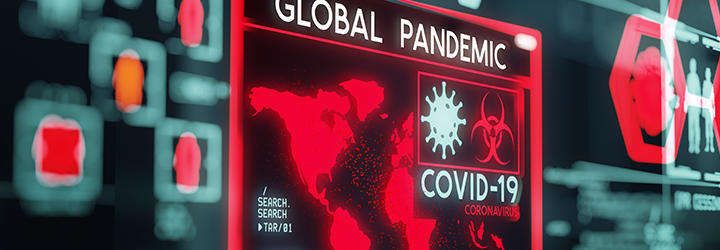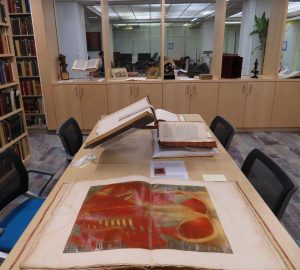Sometimes a clinical or research topic is more specialized than general medical sciences. Searching a database beyond PubMed may help discover relevant articles. The Pitt libraries subscribe to an array of databases that cover specialized subjects or health sciences fields. All of the databases below, and more, are available from the HSLS listing of Databases A-Z (you’ll be prompted for Pitt Passport if working remotely). Here are some highlights:
APA PsycINFO: Mental, social and behavioral health sciences inclusion, including psychology and psychiatry, make this resource a good choice for sociological, psych, or addiction queries. It encompasses both journals and books, along with dissertations.
EMBASE: This European-oriented database includes all disciplines of medical and biomedical sciences, but it excels at drug questions. It includes granular indexing for drugs with more drug-related controlled vocabulary terms using EMBASE’s EMTREE thesaurus. “Triplet chemotherapy,” “drug craving,” and “drug comparison” are three examples of drug-specific vocabulary terms not found in PubMed’s MeSH vocabulary. In addition, this would be a good source for conference abstracts and drugs used abroad.
Global Health: An intriguing blend of public health, tropical disease and infectious disease sources. It considers community health and nutrition, yet also includes parasitology, medicinal and poisonous plants, and more. Continue reading


 How relevant can old medical books be to modern medicine? Not very much? Think again. The
How relevant can old medical books be to modern medicine? Not very much? Think again. The 